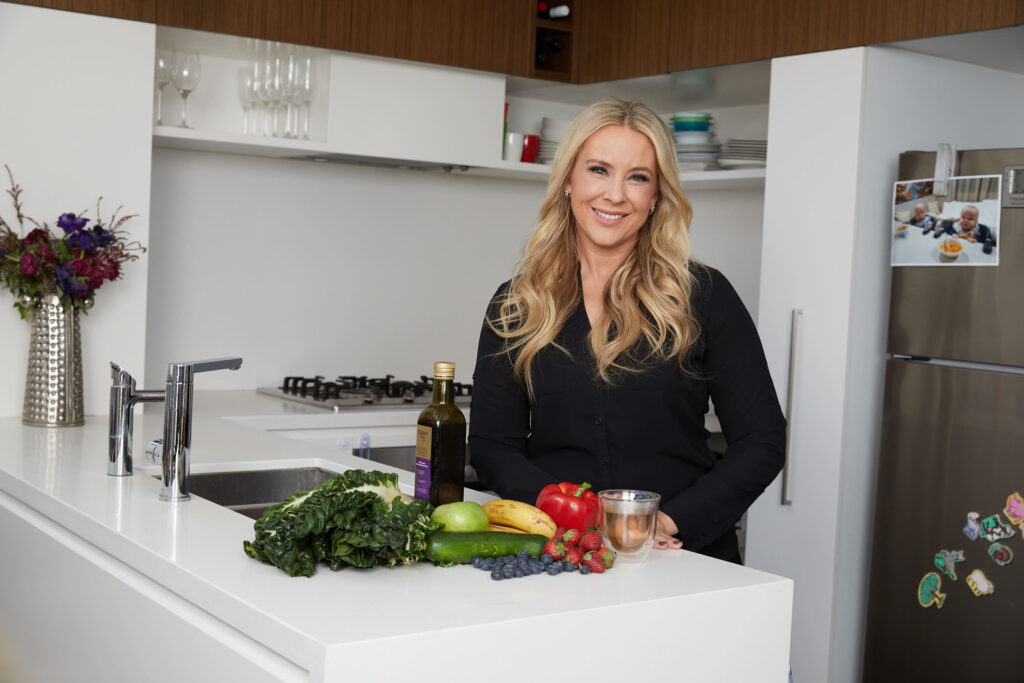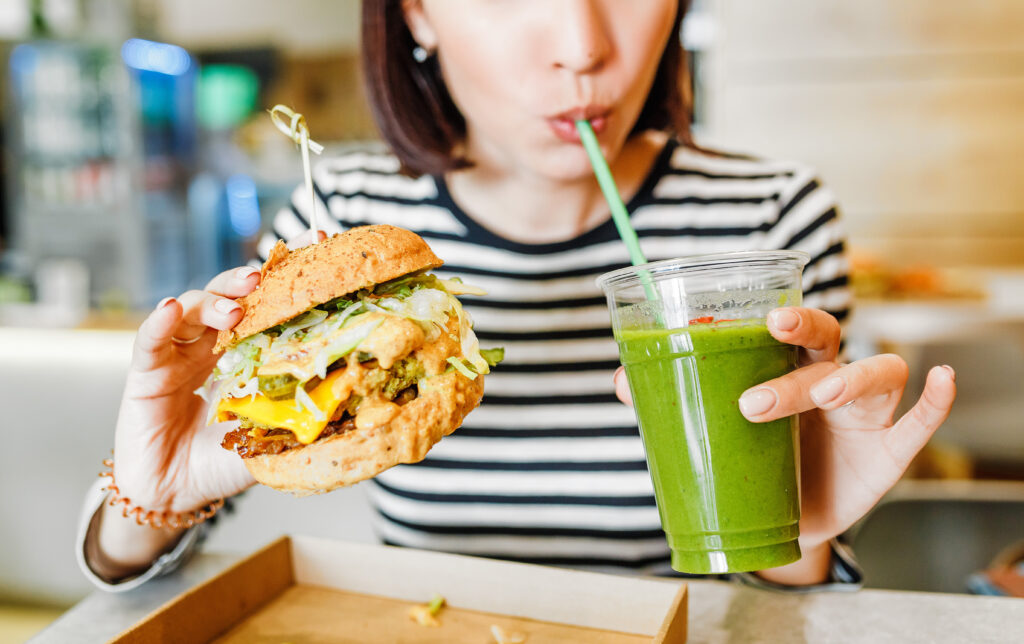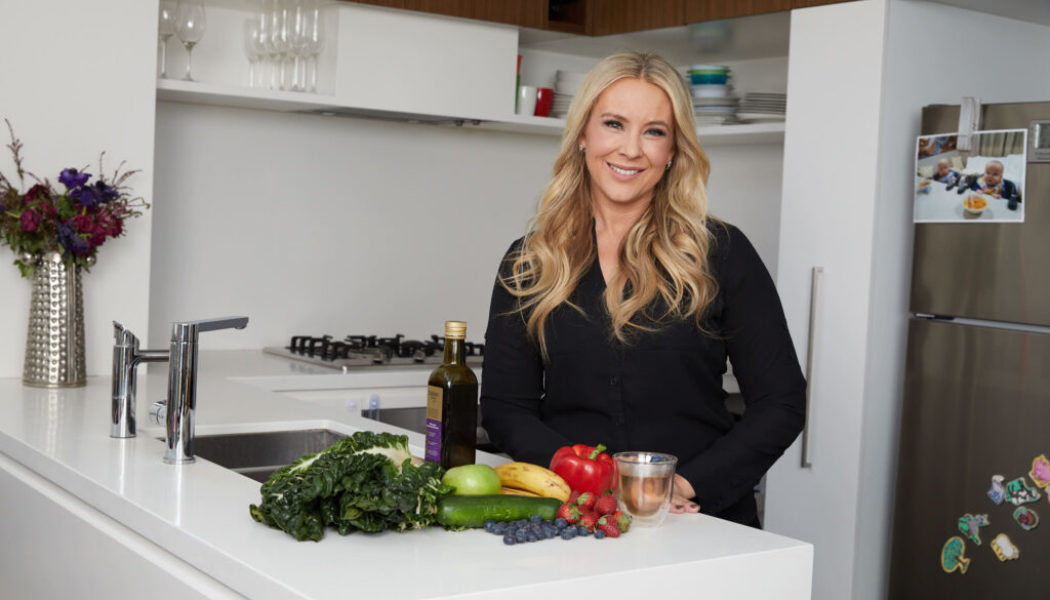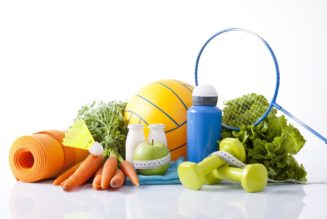Susie Burrell on why food is ALWAYS your friend, not your foe.
When you have the goal of weight loss, it’s easy to get caught up in counting calories, exercising and micromanaging your food intake. While some degree of focus is required to achieve a consistent calorie deficit for weight loss, it can also be a slippery slope. When you spend too much time thinking about what you’re eating, it can do you more harm than good!
Instead, you can shift your perspective from weight loss focus, to creating sustainable, healthy habits. This much less restrictive approach will support you in achieve weight loss goals you may have, minus the diets or deprivation.
Here’s how you can shift your focus from weight loss to healthy living.
Focus on vegetables
One of the most powerful ways we can support weight control, as well as your overall health and wellbeing, is to significantly increase our intake of nutrient rich, low calorie vegetables and salad. You should try to aim for at least one or two cups of vegetables per meal, and at least one vegetable in every snack.
Not only will this improve your overall nutritional intake, but your calorie intake will also naturally be reduced. This supports weight control, removing the need for extreme restriction or calorie counting.

Meal balance
Calorie control is not about weighing and measuring food. Rather, a focus on meal balance and what is on your plate is key. A balanced meal contains a majority of salad and vegetables, along with a palm size (or ¼ of a plate) of protein, along with a palm size serve of good quality wholegrain or vegetable carbs. If you are needing to be a little stricter with calories, you can always replace carbs with extra vegetables, use leaner protein or commit to a Very Low Calorie Diet (VLCD) such as BioSlim for a period of time to kick start weight loss. No scales required!
Pay more attention to hunger
It may seem like an overly simple suggestion, but waiting until you are really truly hungry until you enjoy a meal or a snack is something few of us do consistently. Rather, we often find ourselves eating when it is a meal time or when others are eating or when tasty food is on offer. Linking our meals and snacks to genuine hunger is the best thing we can do for long term weight control.

Planning is key
Many of us know what we ‘should’ be eating. We know what foods are higher in sugar, fats and calories. We know that a salad is a better choice than a burger and that fried food and processed snacks are not as good nutritionally as fresh fruit, lean meat and vegetables. Yet, it is when we find ourselves busy, time poor and without the healthier options on hand to eat well that our food choices go off track. It is for this reason that planning is the key to dietary success.
Planning your meals and snacks each week helps to facilitate meal prep, ensuring you are not caught without the meals and snacks you need to keep your healthy eating on track. This also means that setting aside time to planning each week is a key step in any healthy eating and weight control.

It’s ok to indulge
Chances are you have been on a restrictive diet at some point, only to overindulge a little, then find yourself feeling guilty falling into the mindset that since your diet is now ‘ruined’ there is no point continuing. Diet cycling is incredibly common and is fuelled by the belief that there is a ‘perfect’ way to eat and failing to reach these targets means that any diet is pointless.
A shift from this cycle to one in which your healthy diet still includes regular indulgences is the key to shifting this mindset for good. Once you accept that including higher calorie foods at times is part of any healthy, sustainable eating plan, you will be able to break the diet cycle once and for all.









